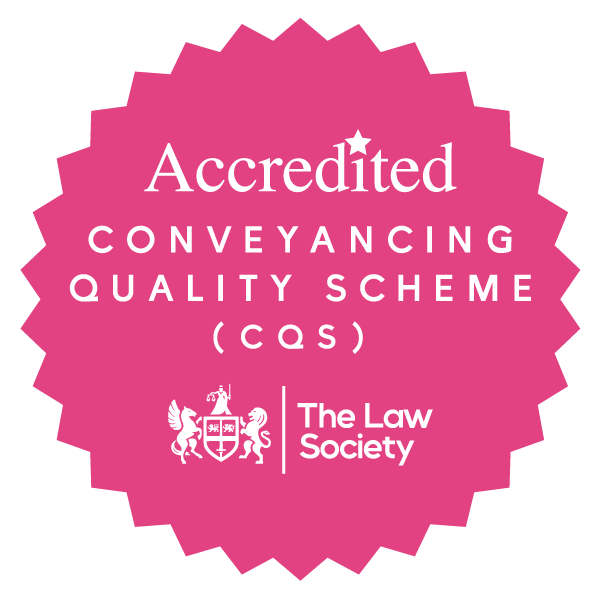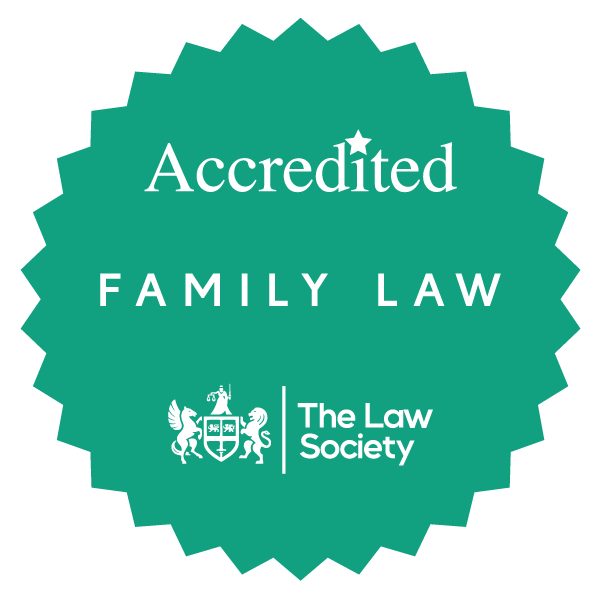DOMESTIC ABUSE SOLICITORS in Enfield, Finchley, North London and Hertfordshire
Anyone in a relationship can be affected by domestic abuse – male or female, young or old. We can help you take the first step to end the abuse so you are in a stronger position to decide your future
Domestic abuse can range from physical violence; verbal harassment; threatening behaviour to controlling and coercive behaviour,. If you are suffering abuse from a partner or relative, the law is able to give you protection – sometimes even on an emergency basis without the perpetrator even knowing.
There are two types of orders you can seek to protect you:
- A non-molestation order – used to prevent the threat or use of violence, intimidation, harassment or pestering. The court will take into account all of your circumstances, including the need to secure the health, safety and well-being of any children.
- An occupation order – this can be obtained when there is a risk of significant harm to you or your children and it can require the other party to leave a shared home and even exclude them from the surrounding area. Orders are usually made for a six month period initially but can be extended.
If you are suffering from domestic abuse, always contact the police first of all in an emergency, but thereafter we can address the issue quickly and sensitively.
Our friendly and supportive Family Lawyers can help you to break free and make a fresh start.
Call us now to speak to one of our expert advisors.
Contact our Family Lawyers in Enfield, Finchley, North London and Hertfordshire today
Call us today or complete our online contact form and one of our team will be in touch to discuss your matter further.
FAQs
Yes, a specialist family solicitor can provide you with advice and help with negotiations. You would usually be encouraged to consider trying to use Mediation or the Collaborative Process too. If you cannot agree the terms amicably – even with the assistance of a third party, then you are going to have to consider involving the court. This would mean one of you applying for a Divorce or Judicial Separation.
Prenuptial Agreements can deal with largely anything the parties want them to, within reason. The main aim is to agree the distribution of property and assets upon their separation, divorce or death. Parties often include terms with respect to: - Clarifying their Separate Property – which will never become part of the “matrimonial pot” to be divided between the parties on divorce or separation - How any property or assets obtained during the marriage itself will be held; - Day-to-day practical matters such as whether a car is jointly owned, or how a joint account would be run for general living expenses; - What happens to property or other assets upon separation, divorce, or death; - Whether one party should provide maintenance – for a child and/or for the spouse; - The agreement of making of a will, trust, or other arrangement to carry out the provisions of the agreement; - The choice of law governing the construction of the agreement; and - Any other matter, including their personal rights and obligations.
This is a term for the responsibilities a parent has for making the important decisions in a child’s life – such as their education, medical care and daily decisions about how the child should be raised. Natural mothers have Parental Responsibility automatically. A natural father will only have Parental Responsibility if he is married to the mother at the time of the birth of the child or if he is registered as the father on the child’s birth certificate after 1 December 2003. Otherwise, you will need to enter into a formal Parental Responsibility Agreement with the mother, or if she refuses, apply to the court for an order.
This very much depends on your family’s circumstances – e.g. how long you have been married, whether there are minor children, and what other assets and income you each have.
Generally speaking, all the assets (the house, cars, savings etc.) are considered “matrimonial assets” regardless of who bought them or whose name they are held in. Firstly, there needs to be full disclosure of all assets, along with any liabilities and details of income, pensions and businesses. Once you have exchanged this information we can assist you in trying to reach an amicable agreement over how to divide the assets between you and your spouse. If agreement cannot be reached, it may be necessary to ask the Court to help make a decision for you.
You would usually each retain those personal belongings you bought or which were given to you. Under normal circumstances any such difficulties are resolved quickly with or without the assistance of your solicitor.
This will depend on how those maintenance payments were agreed. If there is a court order setting out the terms, then you should take legal advice immediately to find out if you can enforce those terms by going back to the court.
If the payments were agreed amicably originally or through an assessment by the Child Maintenance Service (CMS), you need to use the CMS to help you, and we would advise you to contact them urgently. If the CMS does not seem to be dealing with your case promptly, or fairly, then you may need further legal advice to assist.





















